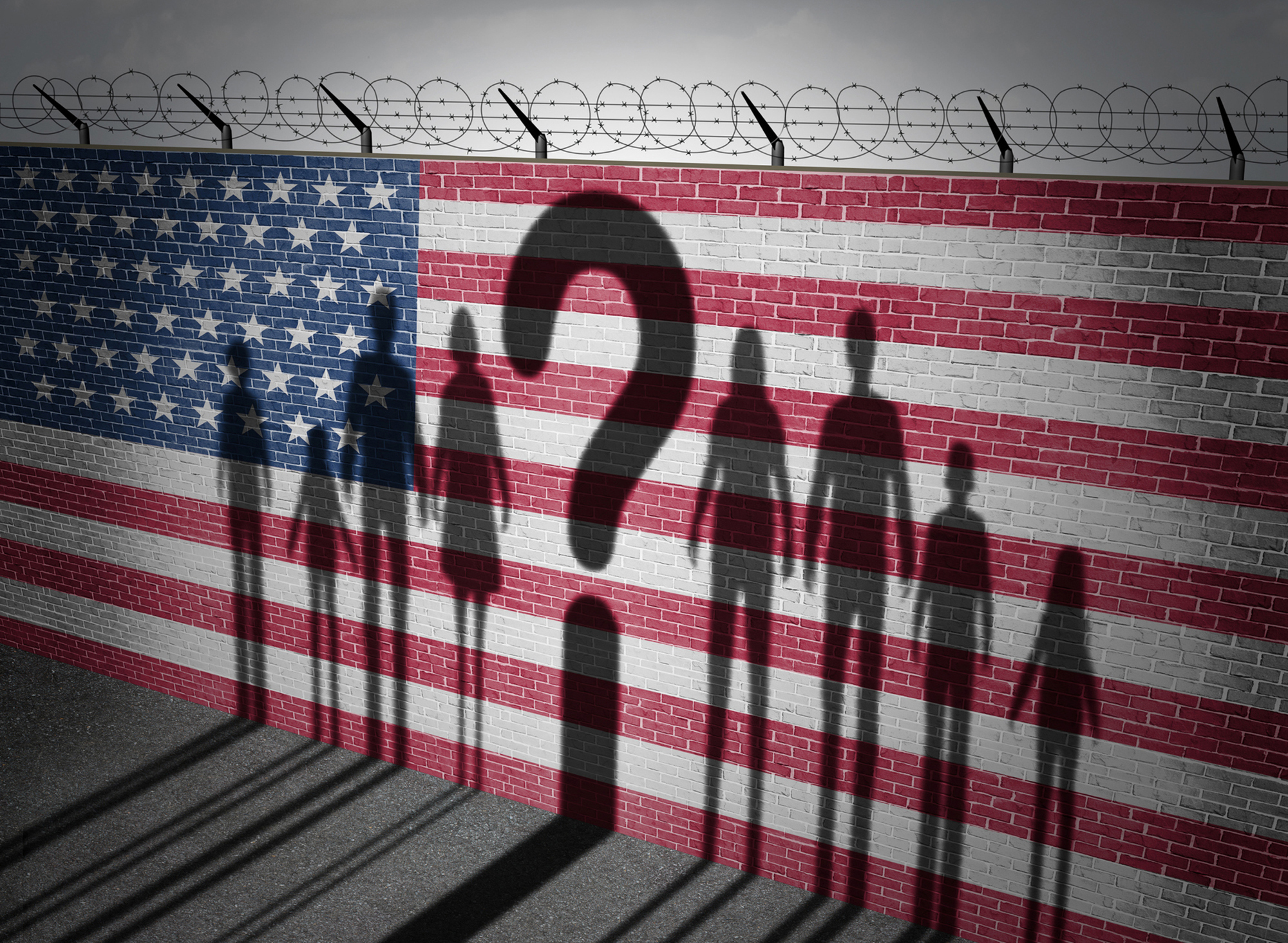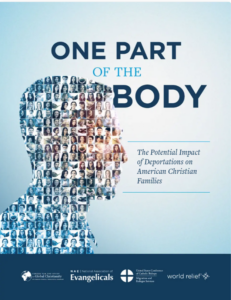
CLEARWATER, Idaho (BP)–In 1883, Steven Ivan McPherson hightailed it out his western Arkansas town one night after ugly words, fisticuffs and worse. Onlookers said a man in the street was dead.
McPherson found his way to a high mountain meadow in central Idaho, about 70 miles southeast of Lewiston. He wrote often of “the most beautiful place in the world” to a boyhood chum, William Henry Manes.
In the spring of 1887, Manes, his wife, Amanda, and their two children joined McPherson. That first summer Manes bought some homestead land from squatters who hadn’t yet “proved” it, and they wrote back to their Southern Baptist association for a preacher in this land where no church was to be found.
Jacob Burrough York, who with his wife and five children were sent out as missionaries to Idaho by the SBC-affiliated Baptist General Association of Western Arkansas and Indian Territory, founded First Baptist Church of Clearwater Jacob on Christmas Day in 1887.
McPherson and the Maneses were among eight founding members of First Clearwater. And the man left in the street? He didn’t die. At least, not as the result of his fight with McPherson.
York went on to start 19 Southern Baptist churches in Idaho, according to www.uisbc.org. The website of the Utah/Idaho Southern Baptist Convention.
First Clearwater remains the only church of any kind in town. “Global witness” and “local impact” are the church’s two prime reasons for giving 19 percent of its undesignated offerings through the Cooperative Program (CP Missions) and its state convention and local association, said Bill Horn, pastor since 1992. The church’s annual budget is somewhat less than $50,000.
“There is no other way you could spend your money and have it do more than with the Cooperative Program,” Horn said. “I think the Cooperative Program is one of the greatest tools God has ever put together to reach the world.
“CP money is where most all of us start,” Horn said, referring to pastors and churches in Idaho’s Whispering Pines Baptist Association. “It was CP money that began [Southern Baptist work in] Elk City, and [Southern Baptist work] in Kamiah before that — Kamiah started the work in Elk City. And Elk City’s where I became a Christian.”
Horn, then 25, worked at a local sawmill the summer he and his wife, Nelda, sent their two youngsters to a Vacation Bible School led by a mission team from Texas at Elk City Baptist.
“We went to the picnic that was part of the closing activities, and that night the pastor, Larry Maxwell, led both my wife and me to the Lord,” Horn said. “Curiosity was part of it. I’d always wanted to know what’s what and what happened to you when you die, and how it all fit together. And from what the pastor said, I saw that without Jesus, nothing fits together.”
Elk City Baptist didn’t yet have a building when the Horn family joined the congregation. The church met in different homes.
“We were just brand-new Christians and didn’t know it was done any other way,” Horn said. “There’s always a specialness about a home fellowship — a personal touch. It was exciting.”
That same summer, volunteers helped Elk City Baptist construct its first building. Horn helped after work at the sawmill.
“I had a lot of questions, and one of the guys that worked for the Forest Service (a member at Elk City Baptist) always answered ’em out of the Word of God, and he was always truthful,” Horn said. “God knew I needed him right then, and he had him right here.”
Within a year of his conversion in 1979, Horn was preaching as needed in various churches throughout his association. Licensed to the gospel ministry in 1980, he was called in 1992 to First Clearwater. Church attendance has more than doubled in size since then — from 15 to 30, and sometimes as many as 40 — despite the fact that the pastor is bivocational and has never taken a seminary class. He has worked at that sawmill for almost 29 years.
Employees received word in mid-December that the mill might be closed by next Christmas if an eight-year gridlock isn’t lifted on logging on nearby national forest lands.
“Decisions people make that are politically correct affect us as people here,” Horn said, referring to environmentalist concerns that virtually shut down timber harvesting in government-owned forest lands.
“If the sawmill leaves, Elk City will become a ghost town,” Horn said. “The effects of shutting down the main economy in a small town like this are far-reaching.”
But for now, Horn is still a sawfiler; his job is to watch and sharpen the equipment to make sure boards are cut straight. In a similar manner he watches and sharpens his congregation.
“They’re friends,” Horn said of First Clearwater members. “They reach out to their neighbors; they help their neighbors; they love their neighbors. And they love us. Just like Christ said, ‘You will know them by their love for one another.'”
Horn leads with a gentle touch and a firm grasp on the Word of God.
“I just preach out of the Bible,” Horn said. “The Holy Spirit teaches you. He just keeps showing me something I didn’t know before.”
The original structure built by First Clearwater charter members burned to the ground in the late 1940s, when a neighboring house caught on fire and wind carried a shingle into the church belfry. The present white clapboard structure, which does not have a belfry, was built in 1949.
First Clearwater offers three classes — adults, youth, children — at 9:45 a.m. Sundays and worship at 11 a.m. The 6 p.m. evening service is more informal — there might be a video, a musical program or a 5th Sunday sing — but always there’s Bible study, the pastor said.
The congregation meets at 7 p.m. on Wednesdays for a lay-led time of prayer, since the pastor’s home is in Elk City, about 60 miles southwest of Clearwater. This arrangement has helped the congregation strengthen the ministry skills it uses with the perhaps 500 people who live in the near-wilderness area.
“I think the people that believe in God should go and meet with one another; the church should be a lighthouse for the community,” said Almon Manes, grandson of charter members William and Amanda Manes. “We’re the kind of people that if people need help, we help them. We’re just a small church and none of us are wealthy but at the same time we feel we should help as we can.”
In addition to one-on-one physical and spiritual help throughout the year, First Clearwater also makes up Thanksgiving and Christmas baskets for people in the community.
Through their personal ministry, the congregation has a local impact. For a global witness, First Clearwater contributes to Whispering Pines Baptist Association, Utah/Idaho Southern Baptist Convention and the Cooperative Program strategy by which Southern Baptists work together to reach people in the United States and around the world.
CP Missions dollars also help Southern Baptists’ six seminaries train future pastors, missionaries and other ministry leaders, as well as providing a host of resources to help local churches grow.
“The Cooperative Program has been the backbone of the mission work for the Southern Baptist Convention,” Horn said. “It’s been a blessing to the association, to the churches, in our church and throughout the world. There’s just no other way you could spend your money and have it do more than with the Cooperative Program.”
–30–
(BP) photos posted in the BP Photo Library at https://www.bpnews.net. Photo titles: CP-COMMITTED PASTOR and ONE CHURCH IN TOWN.














